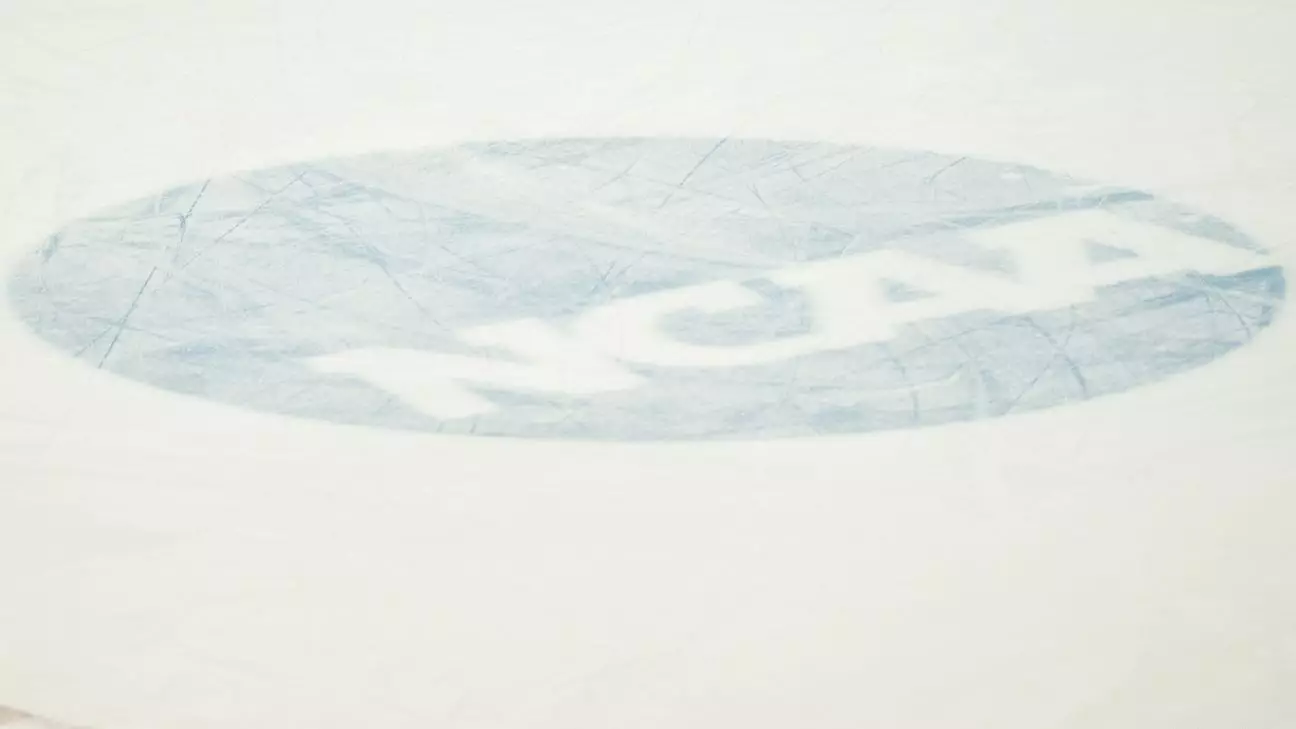Recently, Canadian junior hockey player Rylan Masterson filed a proposed class-action lawsuit against the NCAA and 10 universities, claiming that the NCAA’s rules are in violation of antitrust laws. The lawsuit alleges that the NCAA is preventing players who have participated in major-junior hockey games from also playing in the NCAA. This rule has led to players like Masterson, who played for the Ontario Junior Hockey League’s Fort Erie Meteors, being deemed ineligible for NCAA competition due to their involvement in the Canadian Hockey League. The lawsuit specifically targets NCAA Bylaw 12.2.3.2, which disqualifies individuals who have competed on professional teams from participating in intercollegiate athletics.
Masterson’s case highlights the detrimental effects of this NCAA rule on young athletes. Despite being just 19 years old, Masterson’s future opportunities to play college hockey have been jeopardized by his brief stint with the OHL’s Windsor Spitfires. The lawsuit argues that this rule not only limits players’ options but also restricts competition between major-juniors and college hockey. By preventing talented players from pursuing both paths, the NCAA is artificially suppressing compensation for athletes and creating less competitive leagues overall.
In response to the lawsuit, the NCAA conducted a review of its policies in 2023 and identified a potential vulnerability regarding its treatment of Canadian junior players. While acknowledging the legal risks of maintaining the current boycott on these athletes, the NCAA chose to leave the decision in the hands of its coaches. However, despite the opportunity for change, coaches have thus far refused to take a vote on the matter. Masterson’s lawsuit has brought to light the inherent unfairness of this rule and the need for reform within the NCAA.
Potential Implications of the Lawsuit
If Masterson’s lawsuit is successful, it could have far-reaching implications for the landscape of junior hockey and college athletics. By challenging the NCAA’s restrictive policies, this case has the potential to reshape the junior hockey pipeline and create new opportunities for players to pursue both major-juniors and college hockey simultaneously. If the NCAA is compelled to reconsider its stance on Canadian junior players, it could open the door for greater competition and diversity within collegiate hockey programs.
Overall, the lawsuit filed by Rylan Masterson sheds light on the inequities faced by Canadian junior hockey players under the current NCAA rules. By challenging the legality of these regulations, Masterson is advocating for greater opportunities and fair treatment for young athletes looking to pursue their dreams of playing college hockey. As this case unfolds, it will be interesting to see how the NCAA responds and whether meaningful changes will be implemented to support the growth and development of all student-athletes.

